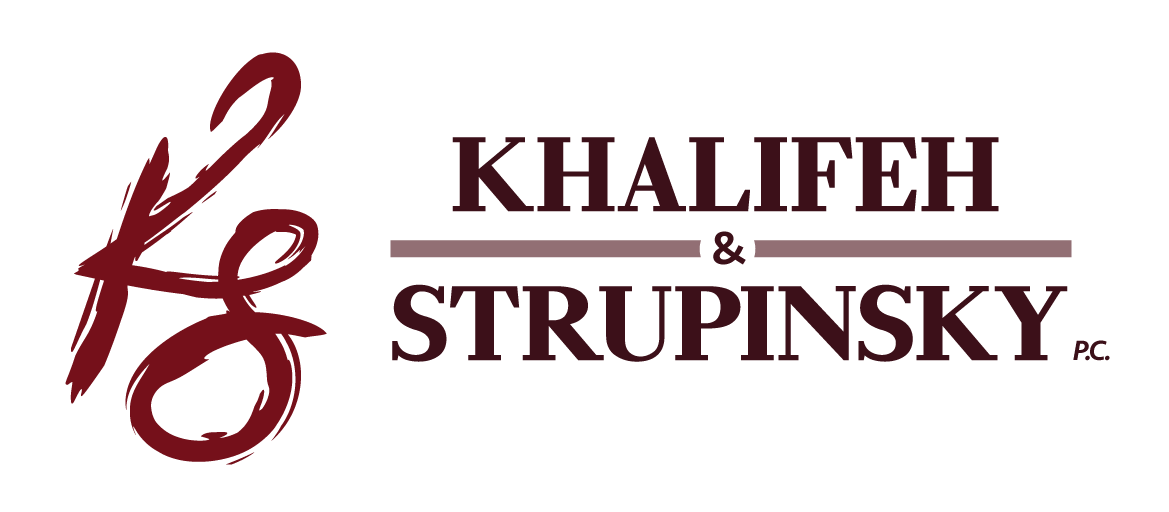By Kayla Gaisi
•
January 20, 2026
As of January 1st, limited liability companies formed in a foreign country who plan to do business in New York state must now disclose beneficial ownership to the Department of State within 30 days of filing their articles of organization. Beneficial owners are defined as those who exercise "substantial control" over the reporting company or who own no less than 25% of it. Each beneficial owner must provide personal information including: their full legal name; date of birth; current home or business street address; and a unique identifying number from an unexpired passport, driver's license, or government-issued identification card. Ownership disclosure statements or attestations of exemptions (for LLCs formed in other states or U.S. territories) must be now filed electronically every year, with a $25 fee for each document. For a more detailed breakdown of the new law, who it affects, and what they should do, the Department of State has provided an FAQ section on its website. This act is the first state statute allowing for a state-level beneficial ownership database, with the purpose of inhibiting fraud and theft committed by anonymous shell companies. In this way, the New York statute is a narrower extension of the Corporate Transparency Act (CTA) passed by Congress in 2021. However, some definitions differ between the two laws, leading to inconsistencies that are outlined in this article . The NYS Transparency Act is likely to undergo further modifications, and the Department of State encourages that companies regularly check their website and the New York State LLC Law sections 1106, 1107, and 1108 for updated information.












